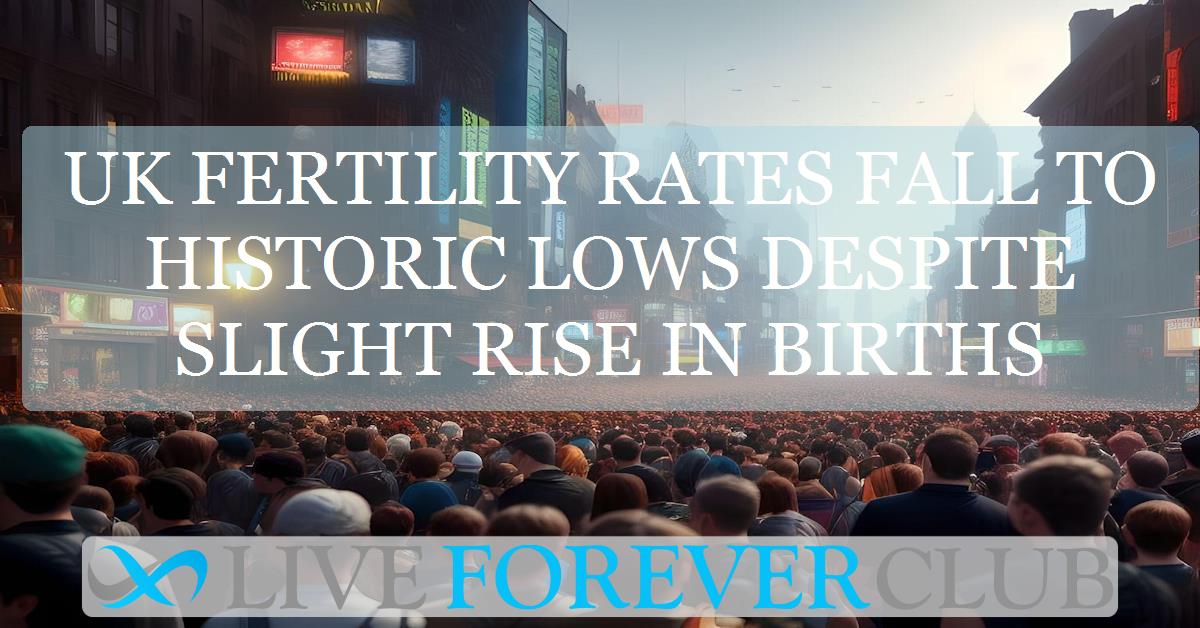Key points from article :
New figures from the UK’s Office for National Statistics (ONS) reveal that fertility rates in England and Wales have fallen to a record low of 1.41 children per woman in 2024, down slightly from 1.42 in 2023. This marks the lowest rate since records began in 1938, despite a modest rise in live births last year. The apparent contradiction is explained by the fact that the overall adult population has also grown, diluting the impact of increased births. To maintain a stable population without immigration, countries typically need a fertility rate of around 2.1. Scotland has seen an even sharper decline, with its fertility rate dropping to 1.25 and live births at their lowest level since records began in 1855.
The data highlights shifting family patterns, with the average age of mothers and fathers continuing to rise—now at 31 and 33.9 years respectively. Younger age groups are seeing the steepest drops in fertility, especially those aged 25–29, while rates are increasing among mothers in their 30s and among older fathers, including those over 60. Regional differences are also emerging: while most areas saw declines, the West Midlands and London recorded slight increases, with Luton having the highest fertility rate and the City of London the lowest.
Experts caution that the downward trend may reflect people postponing children rather than abandoning parenthood altogether. Demography researcher Bernice Kuang (University of Southampton) suggests the UK’s traditional “two-child norm” remains strong, but delays in having a first child could lower overall fertility if young people ultimately decide against parenthood. Economic factors such as unaffordable housing and childcare, alongside wider uncertainty, are cited as major barriers to family formation.
The long-term implications are raising political concerns. A shrinking working-age population supporting a growing number of pensioners poses economic challenges, echoing patterns seen across other wealthy nations. As futurist Ian Pearson notes, declining fertility often accompanies rising education, prosperity, and women’s autonomy. Without substantial policy changes to support families—beyond short-term incentives—the UK’s fertility rates may continue to decline, deepening demographic and social pressures in the years ahead.





